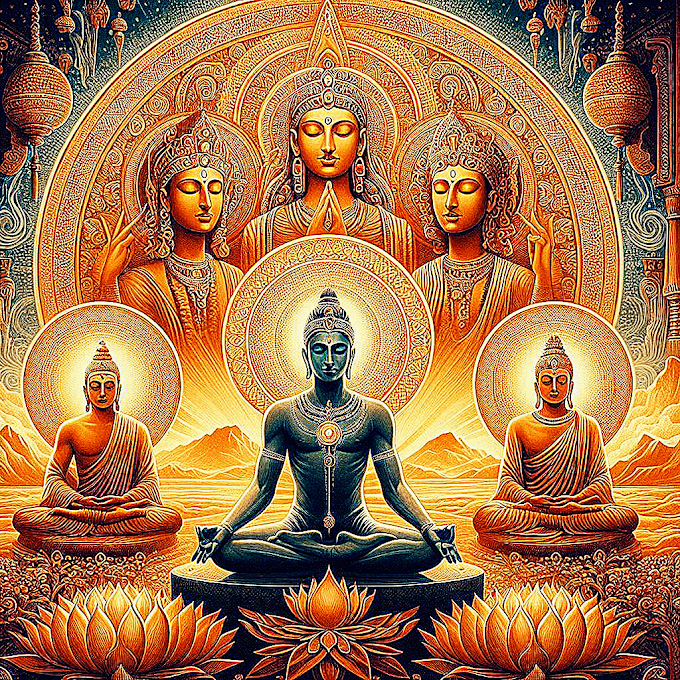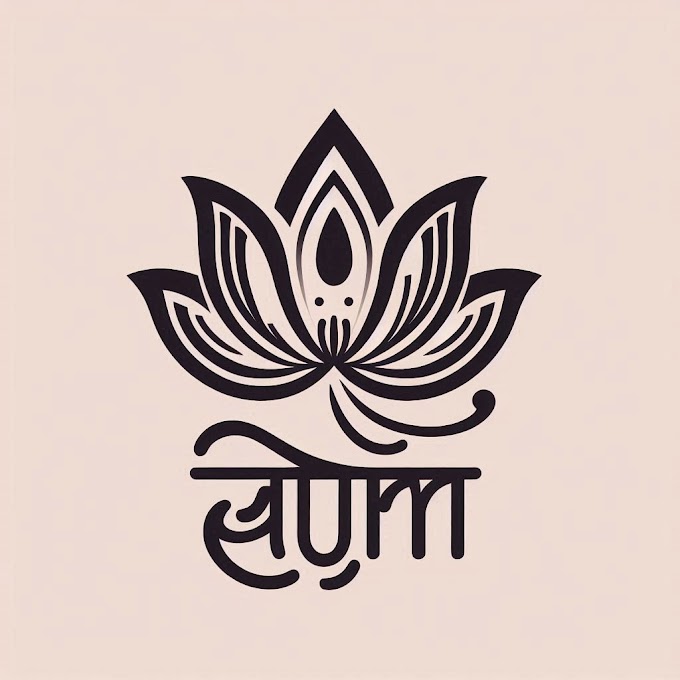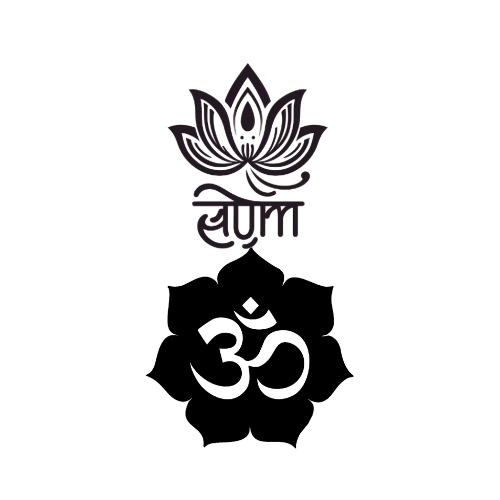Characteristics of Indian Philosophy
Indian philosophy, an ancient and profound system of thought, is distinct in its approach to understanding life, existence, and the universe. Unlike Western philosophy, it integrates metaphysics, ethics, epistemology, and practical disciplines into a cohesive framework. This summary outlines the key characteristics that define Indian philosophy.
1. Search for Ultimate Reality
At its core, Indian philosophy seeks to understand the ultimate reality or truth, referred to as Brahman in Vedanta or Shunyata in Buddhism. This inquiry goes beyond the material world, emphasizing the unity of the self (Atman) and the cosmos.
- Vedanta: Brahman is the infinite, eternal consciousness.
- Samkhya: Distinguishes between Purusha (spirit) and Prakriti (matter).
- Buddhism: Explores the concept of impermanence and emptiness (Shunyata).
2. Practical Orientation
Indian philosophy is not purely theoretical; it provides practical guidelines for achieving a higher state of being. Philosophical inquiries are linked with practices like:
- Yoga: Physical and mental discipline to attain spiritual insight.
- Meditation: Techniques for self-realization and inner peace.
- Ethics: Emphasis on living a righteous life (Dharma).
3. Unity of Philosophy and Religion
In Indian thought, philosophy and religion are deeply intertwined. Philosophical systems often arise from spiritual texts like:
- Vedas and Upanishads: Metaphysical discussions.
- Bhagavad Gita: Combines philosophy, ethics, and devotion.
- Puranas: Narratives offering ethical and spiritual lessons.
This synthesis contrasts with the Western tradition, where philosophy and religion often stand apart.
4. Emphasis on Self-Realization
Indian philosophy prioritizes self-realization and liberation (Moksha) as the ultimate goals of human life. This liberation is described as freedom from:
- The cycle of birth and death (Samsara).
- Attachment and ignorance (Avidya).
The methods for achieving self-realization include:
- Jnana (Knowledge): Understanding the true nature of reality.
- Bhakti (Devotion): Love and surrender to the divine.
- Karma (Action): Selfless action without attachment to results.
5. Concept of Karma and Rebirth
The law of karma is central to Indian philosophy. It states that every action has consequences, shaping one’s future experiences. This belief connects with:
- Samsara: The cycle of birth, death, and rebirth.
- Moksha: Liberation from this cycle through spiritual practices.
6. Diversity of Thought
Indian philosophy accommodates a wide variety of perspectives, categorized into two broad streams:
- Astika (Orthodox): Systems like Vedanta, Samkhya, Yoga, Nyaya, Vaisheshika, and Mimamsa, which accept the Vedas as authoritative.
- Nastika (Heterodox): Systems like Buddhism, Jainism, and Charvaka, which reject Vedic authority.
Despite their differences, these systems often address similar metaphysical and ethical questions.
7. Holistic Approach
Indian philosophy views existence as a composite of physical, mental, and spiritual dimensions. It promotes harmony among:
- Annamaya Kosha (Physical Body): Addressed through proper diet and health.
- Manomaya Kosha (Mental Layer): Cultivated through meditation and ethical living.
- Anandamaya Kosha (Bliss Layer): Attained through spiritual practices.
8. Rational and Intuitive Blend
Indian philosophy balances rational analysis with spiritual intuition. Schools like Nyaya emphasize logic and debate, while Vedanta and Yoga stress meditative insight and inner experience.
9. Inclusivity and Universality
Indian philosophy embraces inclusivity, offering paths suitable for diverse temperaments and goals:
- Jnana Yoga: For intellectual seekers.
- Bhakti Yoga: For emotional and devotional individuals.
- Karma Yoga: For those inclined toward action and service.
- Raja Yoga: For disciplined practitioners focusing on meditation.
This inclusivity has contributed to the global appeal of Indian thought.
10. Ethical and Moral Foundations
Ethics is integral to Indian philosophy, with a focus on values like:
- Ahimsa (Non-violence): Central to Jainism, Buddhism, and Gandhi’s philosophy.
- Satya (Truth): Encouraged in all aspects of life.
- Dharma (Righteousness): Upholding universal order and duties.
11. Interconnection with Nature
Indian philosophy emphasizes living in harmony with nature, recognizing it as an expression of the divine. Concepts like:
- Pancha Mahabhuta (Five Elements): Earth, water, fire, air, and ether form the basis of existence.
- Ecological Balance: Practices like vegetarianism reflect respect for life.
12. Pluralistic and Dialogic Tradition
Indian philosophy thrives on debate and pluralism, as seen in historical dialogues between:
- Buddhism and Vedanta on metaphysics.
- Nyaya and Mimamsa on epistemology and scriptural interpretation.
- Jainism and Charvaka on ethics and materialism.
This intellectual openness fosters critical thinking and innovation.
13. Focus on Liberation
The ultimate aim of Indian philosophy is liberation, which transcends worldly goals. Different schools propose unique paths:
- Advaita Vedanta: Realizing the oneness of Atman and Brahman.
- Buddhism: Attaining Nirvana through the cessation of desires.
- Jainism: Liberation through non-attachment and self-purification.
14. Timeless Relevance
Indian philosophy remains relevant in addressing modern issues:
- Stress Management: Yoga and meditation help combat mental stress.
- Global Harmony: Concepts like non-violence and universal brotherhood inspire peaceful coexistence.
- Environmental Ethics: Ancient respect for nature aligns with contemporary ecological concerns.

.png)
.png)
.png)
.png)



.png)
.png)
.png)
.png)
